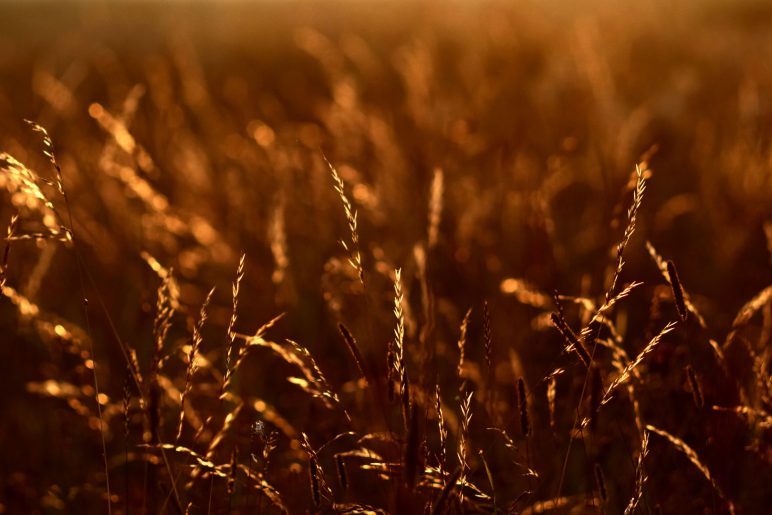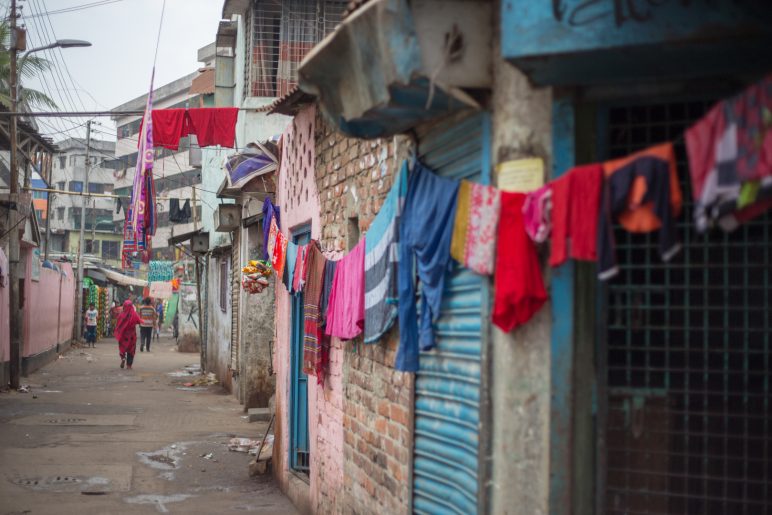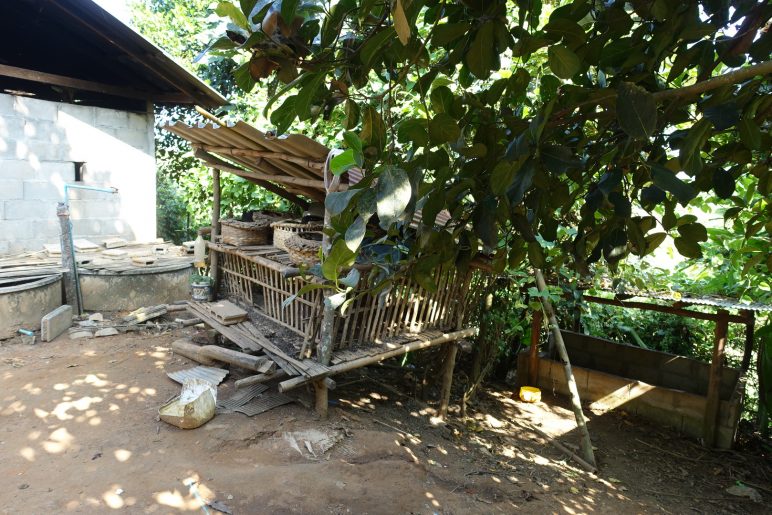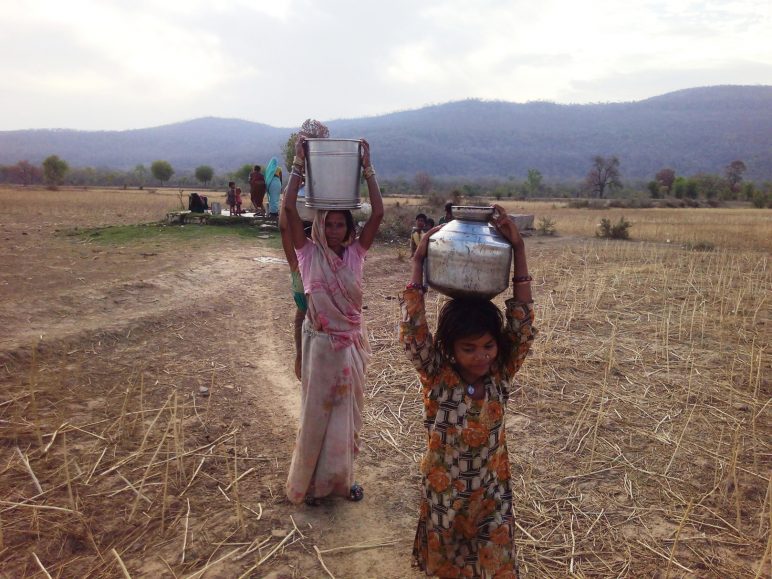[“SHARE” APR – JUN 2018 ] BACK TO THE BIBLE
Written by: Dr. Bernard Wong (Assistant Professor (Theological Studies) and Associate Dean of China Graduate School of Theology, Board Member of CEDAR Fund)
During Joseph’s tenure as Egypt’s prime minister, he managed to keep his country fed while all the other lands experience famine from the great drought. People were buying food from Joseph, and with their livestock when they ran out of money. When they finally ran out of things to offer, they told Joseph,
“We cannot hide from our lord the fact that since our money is gone and our livestock belongs to you, there is nothing left for our lord except our bodies and our land. Why should we perish before your eyes—we and our land as well? Buy us and our land in exchange for food, and we with our land will be in bondage to Pharaoh. Give us seed so that we may live and not die, and that the land may not become desolate.” (Genesis 47:18-19)










